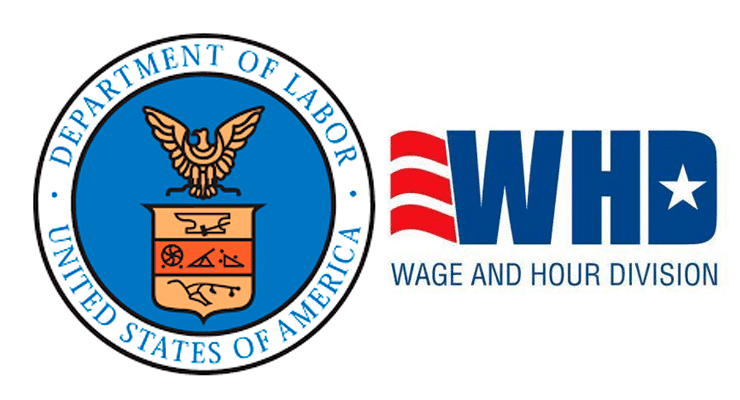Agency: Wage and Hour Division
Date: March 20, 2023
Release Number: 23-462-PHI
Investigators also find some employers falsified records at Southeast residential development
WASHINGTON – The U.S. Department of Labor has recovered $633,029 in back wages for 84 workers denied their full wages and benefits by subcontractors involved in construction of an affordable housing development funded by the District of Columbia.
Three offices of the department’s Wage and Hour Division conducted investigations of six subcontractors hired to work on The Bridge project in the district’s southeast section by the development’s general contractor, McCullough Construction and its first-tier subcontractors. The division found the employers violated the Davis- Bacon Act, Contract Work Hours and Safety Standards Act, and the Fair Labor Standards Act.
The division recovered $292,193 in back wages for 14 employees of MTZ Electric Service LLC of Laurel, Maryland, after determining the subcontractor misclassified workers as independent contractors, failed to pay prevailing wage rates and the required overtime premium, failed to provide health and welfare fringe benefits, and violated recordkeeping requirements when it omitted workers from certified payroll records and falsified certified payroll records. Colonial Electric Company Inc. of Harwood, Maryland – the first-tier subcontractor that hired MTZ Electric – agreed to pay the back wages.
To resolve the case, MTZ’s owner, Victor Martinez, signed a consent agreement to accept debarment, which prohibits the employer from bidding on federally funded construction projects for a period of three years.
The division also recovered $253,146 in back wages for seven workers of Igloo Construction Inc. in Westminster, Maryland. Investigators found the employer failed to pay proper prevailing wages and fringe benefits, falsified certified payroll records, and hired a labor broker who failed to report its workers on weekly certified payroll records. The division held the first-tier contractor – Titan Mechanical Inc. of Manassas Park, Virginia – liable for the back wages because they failed to include the required Davis-Bacon labor standards’ clauses in their subcontract with Igloo.




